Author: Fred Kennedy
-

Skoot Launches Electric Three-Wheeler in Kenya with Battery Swapping Technology
Skoot Technology has officially introduced its Skoot e3W, an electric three-wheeler for commercial drivers in Kenya, featuring SUN Mobility’s swap-and-go battery technology and distributed locally by Car & General.
-

HAVAÍC Secures Over $30 Million for African Innovation Fund 3 After New Backing from E Squared Investments
Cape Town-based venture capital firm HAVAÍC has confirmed another fundraising milestone for its African Innovation Fund 3, bringing new capital commitments to more than $30 million as it works toward its $50 million target.
-

Terra Raises $22 Million Just One Month After Record $11.8 Million Round
Terra Industries, a defence technology company based in Nigeria, has secured an additional $22 million in funding, one month after closing an $11.8 million round, bringing its total investment haul to about $34 million.
-
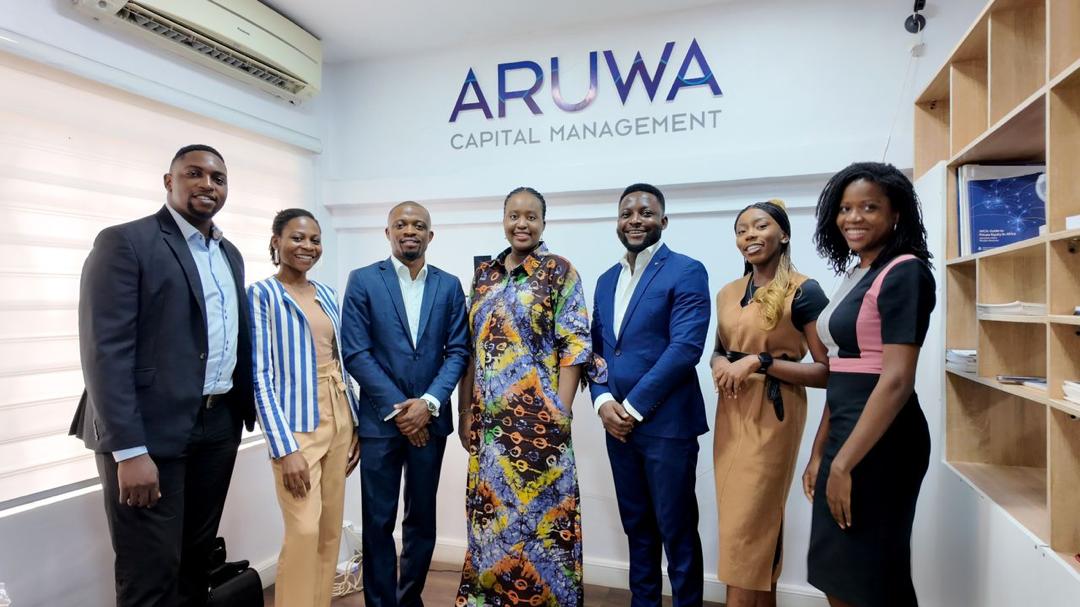
IFC Discloses Proposed $8 Million Investment in Aruwa Capital Fund II
The International Finance Corporation (IFC), the private sector arm of the World Bank Group, is planning to invest up to $8 million in Aruwa Capital Fund II, a private equity fund targeting small and medium-sized enterprises (SMEs) in West Africa.
-
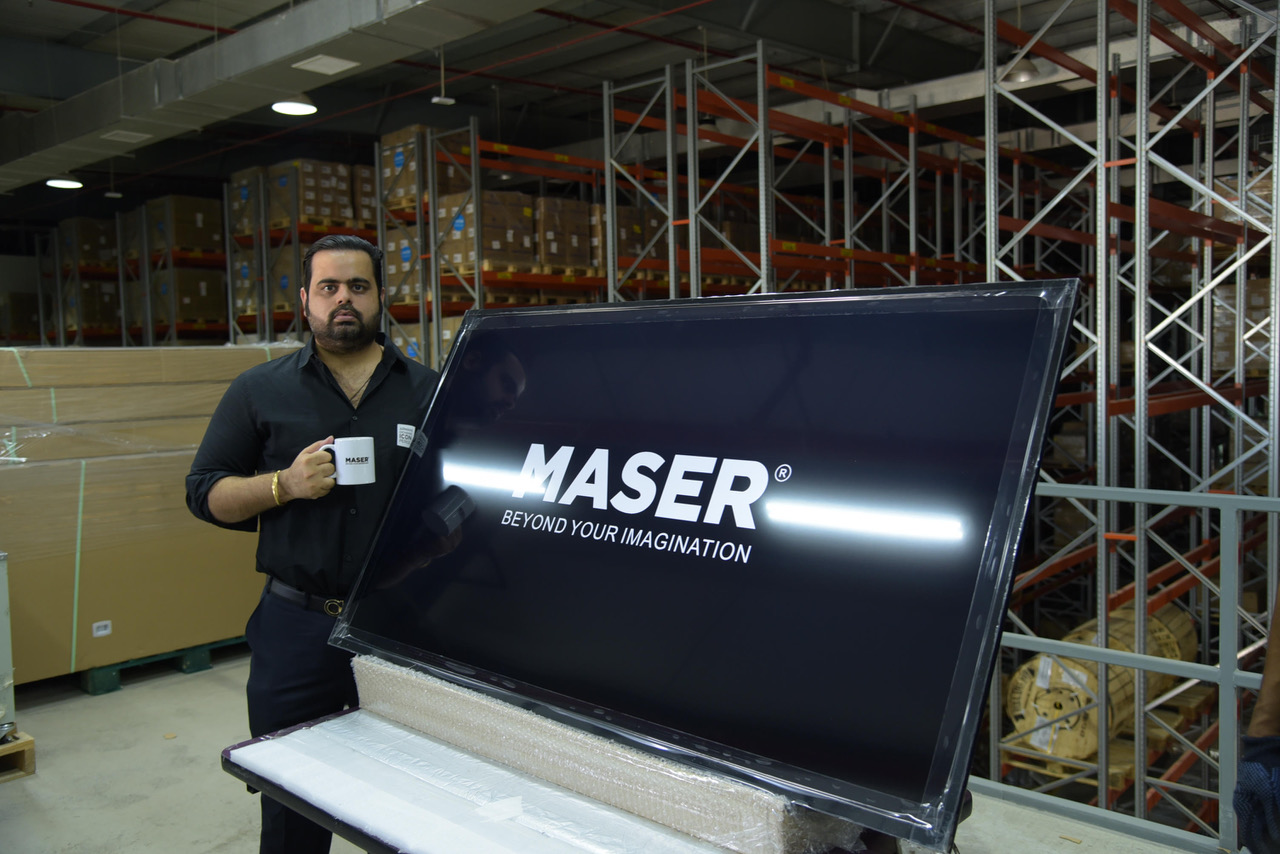
Dubai-Based Maser Group to Invest $1.6 Billion in Africa’s Data Centres and Farmland
Dubai-based manufacturer Maser Group is repositioning itself in Africa, channeling a large portion of its capital into agricultural land and digital infrastructure projects as the continent grapples with rising food import bills and a fast-growing need for data capacity.
-

Delta40 Raises $20 Million to Expand Africa-Focused Venture Studio and Early-Stage Fund
Delta40, an Africa-focused venture builder, has successfully raised $20 million to expand its combined venture studio and early-stage investment fund, a financing round the firm says is the first institutional raise of its kind on the continent to merge hands-on company building with seed capital.
-
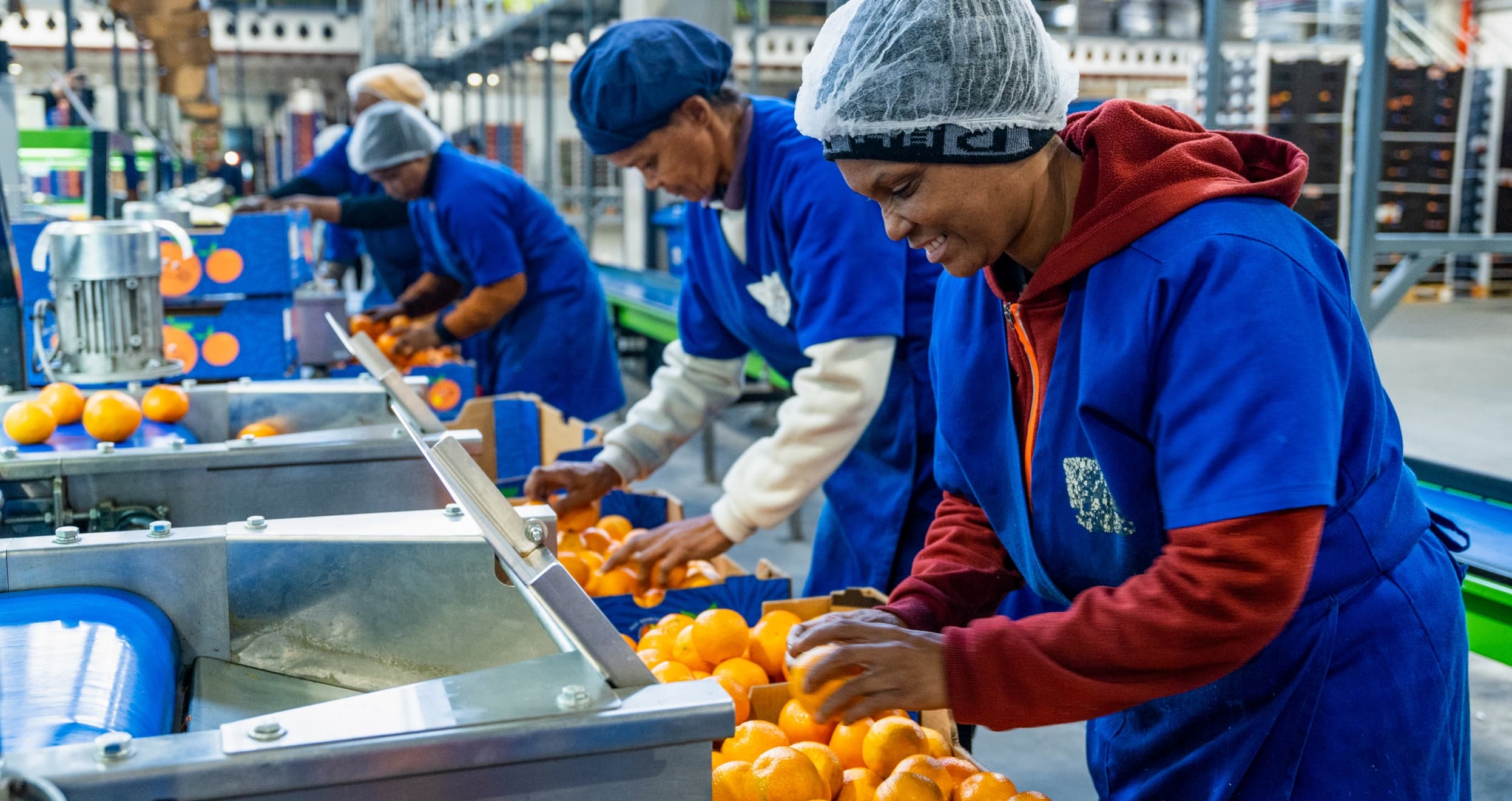
Phatisa Raises $86 Million in First Close to Scale Food Value Chain Businesses in Africa
Phatisa Food Fund 3, a new investment vehicle aimed at supporting food-related businesses across Africa, has successfully secured $86 million in initial commitments, marking the first major fundraising milestone since the fund’s launch.
-
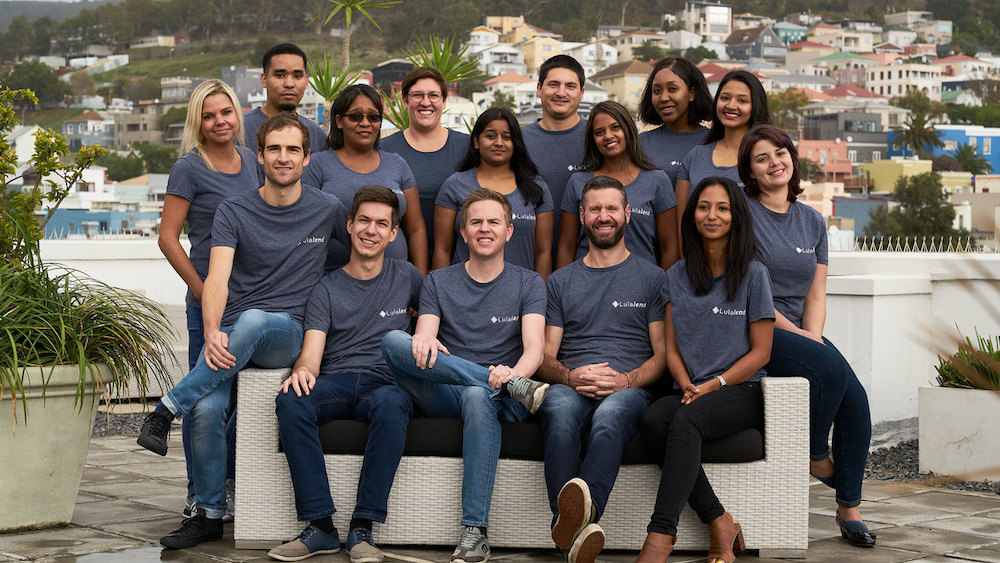
South African Fintech Lula Raises $21 Million from FMO to Expand SME Lending Platform
South African fintech company Lula has secured a R340 million (about US$21 million) investment from the Dutch entrepreneurial development bank FMO to broaden its reach to small and medium-sized enterprises (SMEs) across the country.
-
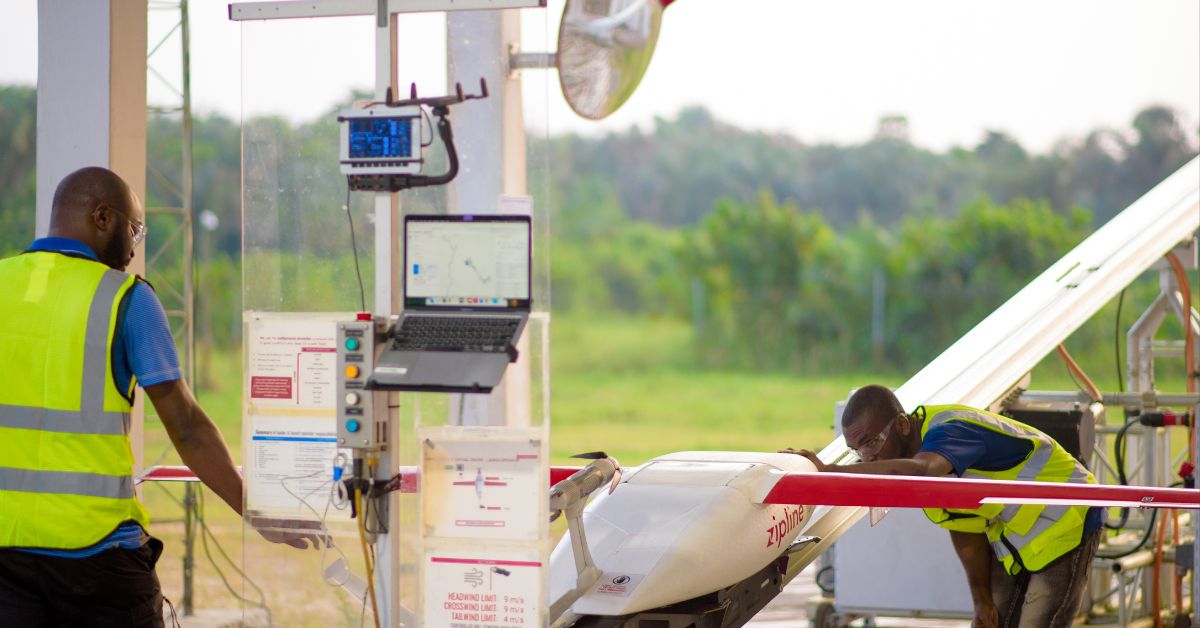
Rwanda Signs $150 Million Expansion Deal With US-Based Zipline for Nationwide Drone Medical Deliveries
Rwanda has reached a major milestone with US drone delivery firm Zipline, signing a new pact that sets the stage for nationwide autonomous medical logistics.